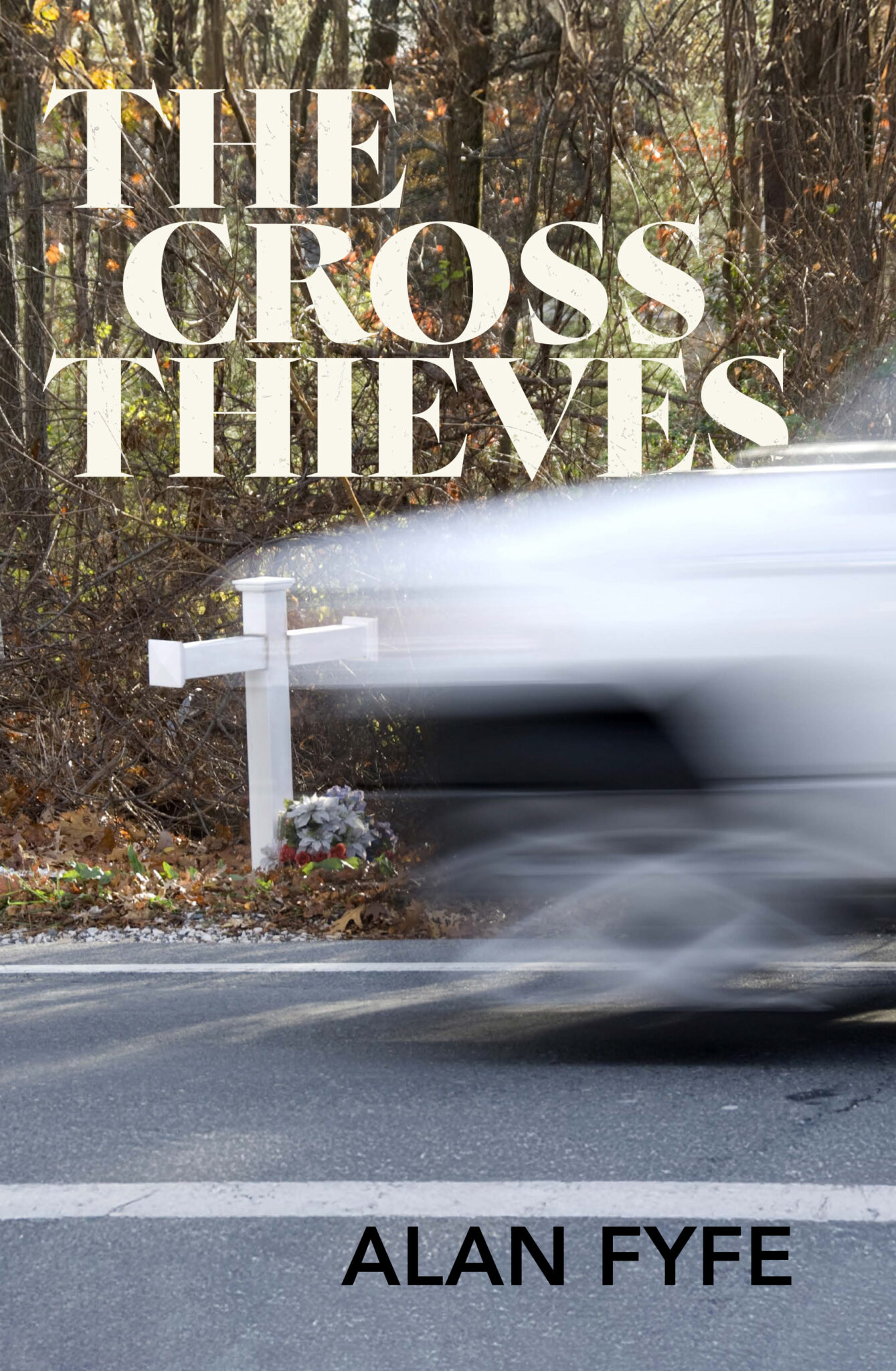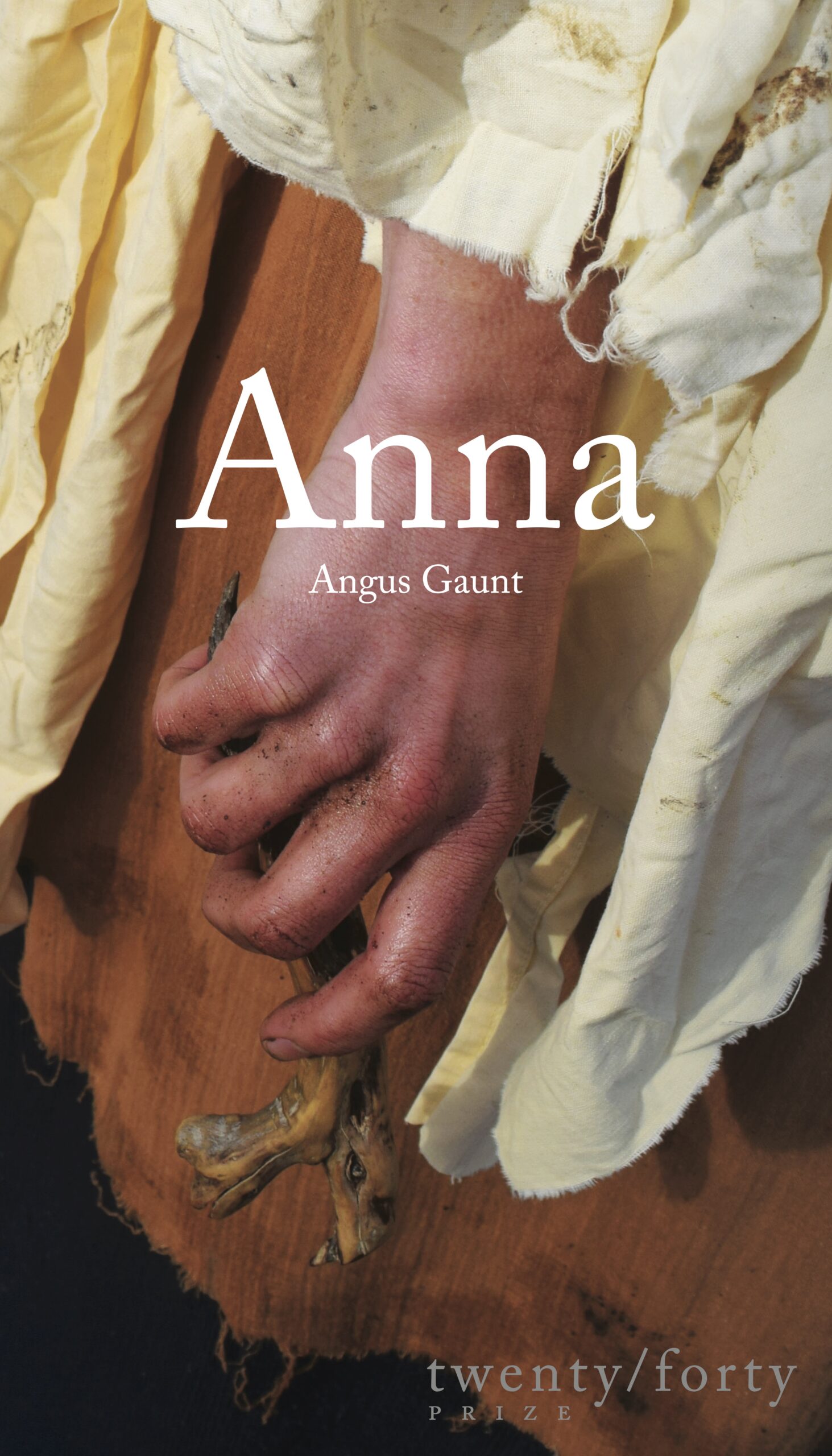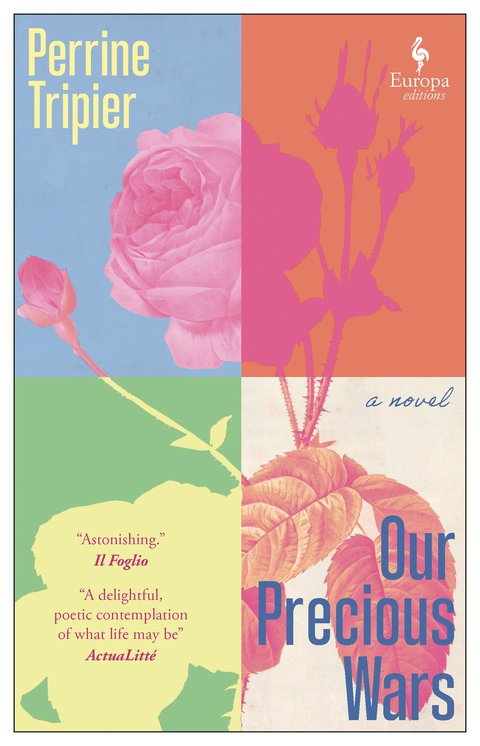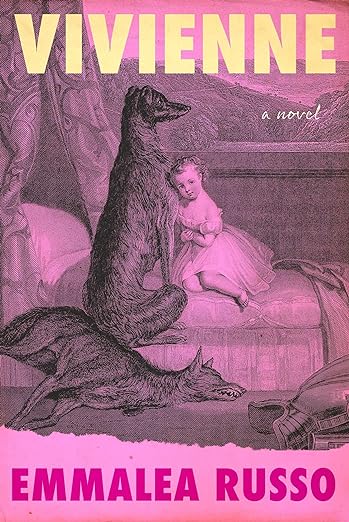 The book is full of beautiful, funny, often tragic contradictions that are so well woven into the fast-paced plot that at times you have to force yourself to slow down to appreciate them. The Cross Thieves is a terrific book, full of gritty violence and desperate characters, but also infused with a tenderness that borders on transformative.
The book is full of beautiful, funny, often tragic contradictions that are so well woven into the fast-paced plot that at times you have to force yourself to slow down to appreciate them. The Cross Thieves is a terrific book, full of gritty violence and desperate characters, but also infused with a tenderness that borders on transformative.
Tag: fiction
A review of Prairie Ashes by Ben Nadler
 Prairie Ashes is well worth your time. Whatever your interests, it is the duty of the working class as much as it is the rentier class to understand what was once possible in the pursuit of a more equal society. Orwell found it once in Spain; even if for a brief time, it proves that things must not always be as they are, as well that authority is not invincible or necessary in its unjustified form.
Prairie Ashes is well worth your time. Whatever your interests, it is the duty of the working class as much as it is the rentier class to understand what was once possible in the pursuit of a more equal society. Orwell found it once in Spain; even if for a brief time, it proves that things must not always be as they are, as well that authority is not invincible or necessary in its unjustified form.
A review of Your Place in This World by Jake La Botz
 Jake La Botz writes with a bruised, musical lyricism, capturing revelations that arrive not through grand redemption but through small, fleeting graces. His stories linger in the aftermath of failure, curious about what it means to find beauty, dignity, and purpose amid addiction, poverty, and social abandonment in Chicago’s forgotten neighborhoods. La Botz does not romanticize poverty or misfortune; instead, he demands on showcasing his characters’ humanity.
Jake La Botz writes with a bruised, musical lyricism, capturing revelations that arrive not through grand redemption but through small, fleeting graces. His stories linger in the aftermath of failure, curious about what it means to find beauty, dignity, and purpose amid addiction, poverty, and social abandonment in Chicago’s forgotten neighborhoods. La Botz does not romanticize poverty or misfortune; instead, he demands on showcasing his characters’ humanity.
A review of The Old Man by the Sea by Domenico Starnone
 If identity is to be found in reviewing “key moments” in life and not be trapped by “sentimental life . . . so full of hiding places,” then Starnone’s novel must be read like a detective novel that travels in time and space, all from the comfort of a beach chair in which an old man sits by the sea, waiting to catch the fish of a lifetime, gold and shimmering, one filled with promise and food for a tired soul.
If identity is to be found in reviewing “key moments” in life and not be trapped by “sentimental life . . . so full of hiding places,” then Starnone’s novel must be read like a detective novel that travels in time and space, all from the comfort of a beach chair in which an old man sits by the sea, waiting to catch the fish of a lifetime, gold and shimmering, one filled with promise and food for a tired soul.
A review of Fit Into Me by Molly Gaudry
 So many of Gaudry’s sentences, from the very first – “Because most nights during the final semester of my MFA at George Mason University, while recovering from a mild traumatic brain injury, I fell asleep watching Prison Break on my laptop in bed.” – to the penultimate sentence – “Because words, imagined in the greatest yearning, as a means of finding love, defining it; as a means of shaping it (This is how it feels, this is where it hurts) and sharing with others its permutations, astonishments, exaltations, and erosions.” – seem to offer an explanation for some unstated condition.
So many of Gaudry’s sentences, from the very first – “Because most nights during the final semester of my MFA at George Mason University, while recovering from a mild traumatic brain injury, I fell asleep watching Prison Break on my laptop in bed.” – to the penultimate sentence – “Because words, imagined in the greatest yearning, as a means of finding love, defining it; as a means of shaping it (This is how it feels, this is where it hurts) and sharing with others its permutations, astonishments, exaltations, and erosions.” – seem to offer an explanation for some unstated condition.
A review of Final Curtain edited by Steve Berman
 Final Curtain is a well curated collection featuring a pleasant variety of stories and interesting perspectives and interpretations of the characters and themes of The Phantom of the Opera. The period pieces are heavy and languid, broken up effectively by modern retellings, more experimental works, and the doings of cats. Choosing classical in style pieces at the fore and aft of the anthology was a masterful choice; one prepares you for what follows, the latter closes the loop; the audience at the theater retreat satisfied.
Final Curtain is a well curated collection featuring a pleasant variety of stories and interesting perspectives and interpretations of the characters and themes of The Phantom of the Opera. The period pieces are heavy and languid, broken up effectively by modern retellings, more experimental works, and the doings of cats. Choosing classical in style pieces at the fore and aft of the anthology was a masterful choice; one prepares you for what follows, the latter closes the loop; the audience at the theater retreat satisfied.
A review of Sea, Poison by Caren Beilin
 Both despite and because of the sweeping, sincere critiques of medical and capitalist corruption, Beilin buoys her sea with tongue-in-cheek wit as well as humor, a hallmark of Oulipian writing. Every joke and turn of phrase maintains the novel’s brisk pace, an asset most well-executed when Cumin’s post-surgery mind sputters out choppy fragments.
Both despite and because of the sweeping, sincere critiques of medical and capitalist corruption, Beilin buoys her sea with tongue-in-cheek wit as well as humor, a hallmark of Oulipian writing. Every joke and turn of phrase maintains the novel’s brisk pace, an asset most well-executed when Cumin’s post-surgery mind sputters out choppy fragments.
A review of Anna by Angus Gaunt
 The whole book has a feel of allegory, with the forest taking on an almost animistic feel – you get the sense of this non-human life crackling around Anna – but we also are invested in Anna’s survival. This is partly because Anna’s trajectory is driven forward by her growing survival instinct as she navigates night-time cold, constant hunger, environmental dangers, and the ever-present threat of the people she encounters – some helpful and some less so.
The whole book has a feel of allegory, with the forest taking on an almost animistic feel – you get the sense of this non-human life crackling around Anna – but we also are invested in Anna’s survival. This is partly because Anna’s trajectory is driven forward by her growing survival instinct as she navigates night-time cold, constant hunger, environmental dangers, and the ever-present threat of the people she encounters – some helpful and some less so.
A review of Our Precious Wars by Perrine Tripier
 Tripier’s exacting prose captures the story of a woman locked in and looking back on life, but it also holds moments of sheer joy recognizable by any reader who’s creating or reliving memory. May those moments extend beyond the walls of a house into a fully-lived life. Level the rubble, indeed.
Tripier’s exacting prose captures the story of a woman locked in and looking back on life, but it also holds moments of sheer joy recognizable by any reader who’s creating or reliving memory. May those moments extend beyond the walls of a house into a fully-lived life. Level the rubble, indeed.
The retrofitted grotesque: A review of Vivienne by Emmalea Russo
 Russo’s Vivienne is an off-putting montage that attempts to answer what art has to atone for, or whether it has anything left to offer at all. Women who are childish, nearly opaque, and naturally mildly misandrist are a rare and treasured sighting that I am delighted to have been granted.
Russo’s Vivienne is an off-putting montage that attempts to answer what art has to atone for, or whether it has anything left to offer at all. Women who are childish, nearly opaque, and naturally mildly misandrist are a rare and treasured sighting that I am delighted to have been granted.